Community leaders across the United States have intensified their efforts to address social justice issues and advocate for systemic reforms. From nationwide protests to local summits, these initiatives reflect a collective commitment to fostering equity and challenging systemic injustices.
In June, organizers of the “No Kings” protest movement announced a nationwide demonstration scheduled for July 17, 2025. This event aims to honor the legacy of Civil Rights activist and lawmaker John Lewis, who passed away on that date in 2020. The Transformative Justice Coalition, a key organizer, emphasized that the upcoming protests will focus on three central themes, though specific details were not disclosed. The previous protest, which spanned 20 countries with over 2,100 events, highlighted the international scale of the movement. Despite the overall peaceful nature of the demonstrations, there were tragic incidents, including the killing of Minnesota House Democratic Leader Melissa Hortman and her husband, and the shooting of State Senator John Hoffman and his wife. Plans for the July 17 rallies are already underway across the nation.
In Washington, D.C., the TIME Impact Dinner titled “The Road to Justice” marked the five-year anniversary of George Floyd’s murder. Organized by the Center for Policing Equity, the event featured six speakers who emphasized the importance of truth-telling, historical memory, and collective action in fighting systemic injustice. Dr. Phillip Atiba Solomon highlighted the need for systemic change beyond individual convictions, while Kimberlé Crenshaw warned against censorship and historical erasure. Maya Moore advocated for dismantling the prison pipeline and emphasized teamwork in justice reform. Historian Dylan Penningroth stressed the importance of family stories and true historical narratives. Raquel Willis championed an inclusive Black liberation movement that recognizes trans voices, and artist Tajh Rust called for reclaiming authorship of marginalized communities’ stories. Tarana Burke concluded by underscoring hope rooted in truth and resilience.
In Boston, the 60th anniversary of the 1965 Freedom Rally led by Martin Luther King Jr. was commemorated. The event drew hundreds, including civil rights advocates and up to 125 organizations, urging continued activism amid resurging racial and social injustices. Martin Luther King III, delivering the keynote, called for intensified efforts to build a humane society and criticized the Trump administration’s dismantling of diversity, equity, and inclusion (DEI) initiatives. The administration has rolled back DEI programs, removed Black history content from federal institutions, and initiated investigations into race-conscious admissions policies. U.S. Rep. Ayanna Pressley and other speakers warned of rising white supremacy and economic exploitation. The rally occurred near Boston’s MLK memorial and served as a reminder of the civil rights struggles that persist today.
In Maryland, the 2025 Racial Social Justice Summit, themed “United for Justice: Building Community, Power and Change,” was held on May 3. The summit focused on uniting struggles and standing in solidarity to build collective power and drive action for justice in schools and communities. The event featured powerful conversations and interactive sessions designed to equip educators and community leaders with tools to drive meaningful change. Keynote speaker Blair Imani, a critically acclaimed historian, author, and educator, emphasized the importance of intersectionality, race, and social justice.
In Illinois, community violence intervention leaders and community members gathered in Springfield on May 13 for a Legislative Action Day. The rally called for sustained funding of the Reimagine Public Safety Act, which supports peace through violence prevention, youth programming, workforce development, and trauma recovery. The event underscored the critical need for continued investment in community-based solutions to address gun violence and promote safety.
These events underscore a nationwide movement where community leaders are actively engaging in social justice and reform initiatives, reflecting a collective commitment to fostering equity and challenging systemic injustices.

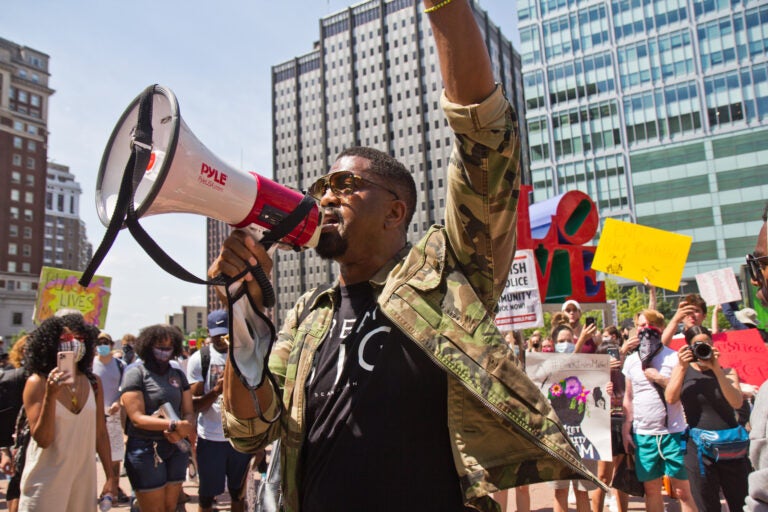

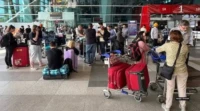

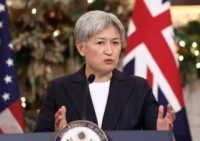


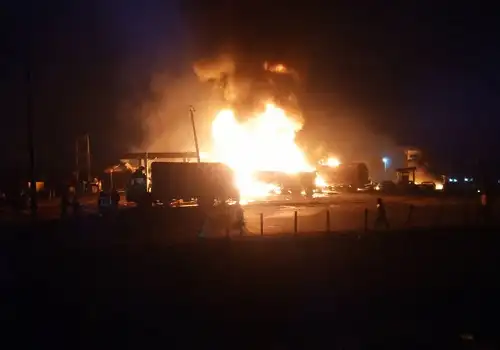
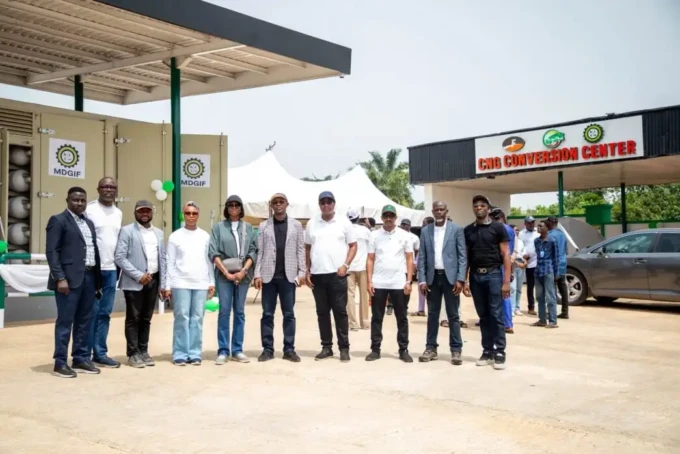


Do these leaders have a concrete plan or just empty promises? Lets see action, not just words. Time to walk the talk!
Are these leaders just talking the talk or walking the walk? Actions speak louder than words. Lets see some real change!
Do you think these leaders are really committed to change, or is it just for show? Lets discuss!
Im not convinced that these leaders are truly committed to change. Are they just jumping on the bandwagon for show?
Im not sure if community leaders can truly drive social justice. Maybe its time for a new approach? What do you think?
Do these community leaders truly represent us? Are they paving the way for real change or just playing politics? Lets discuss.